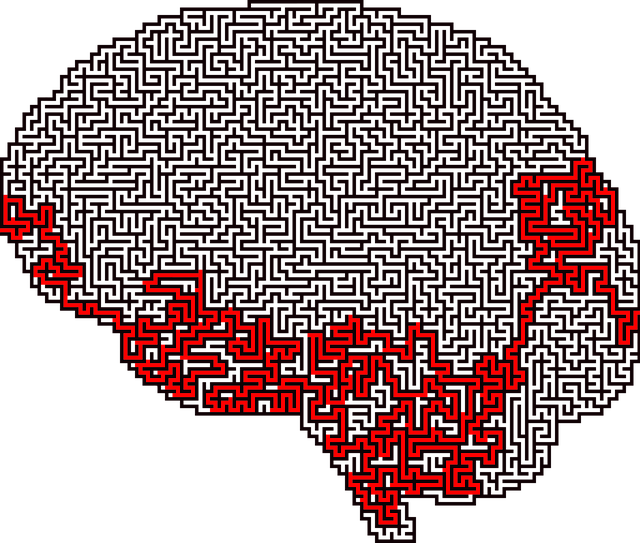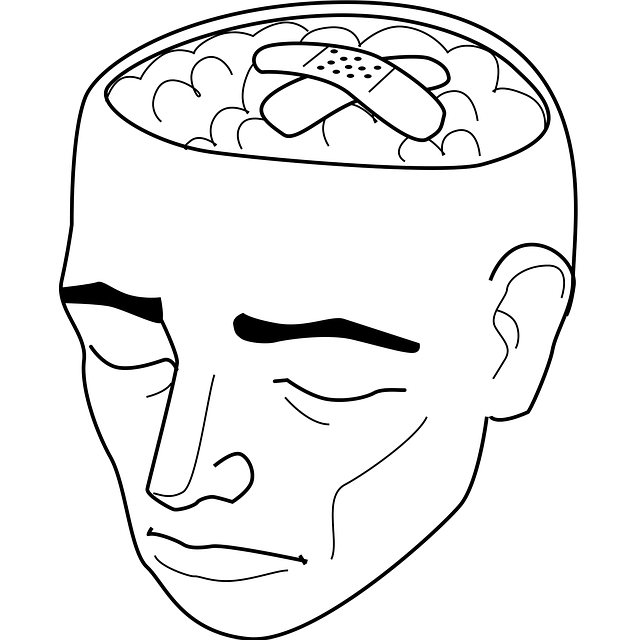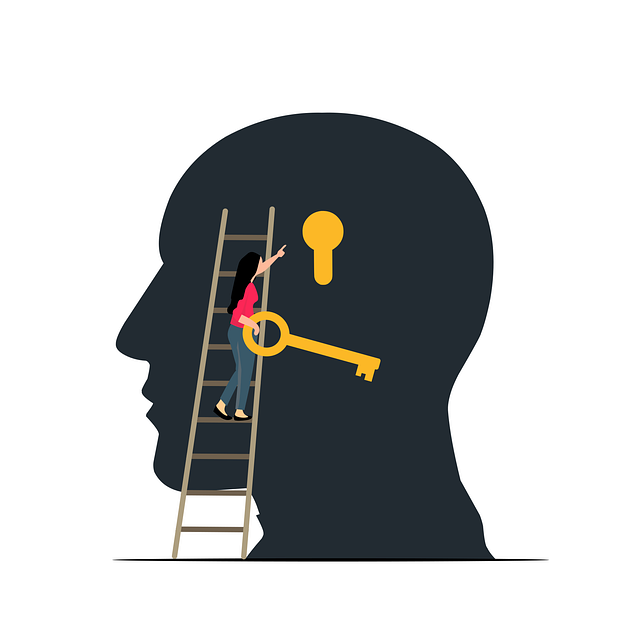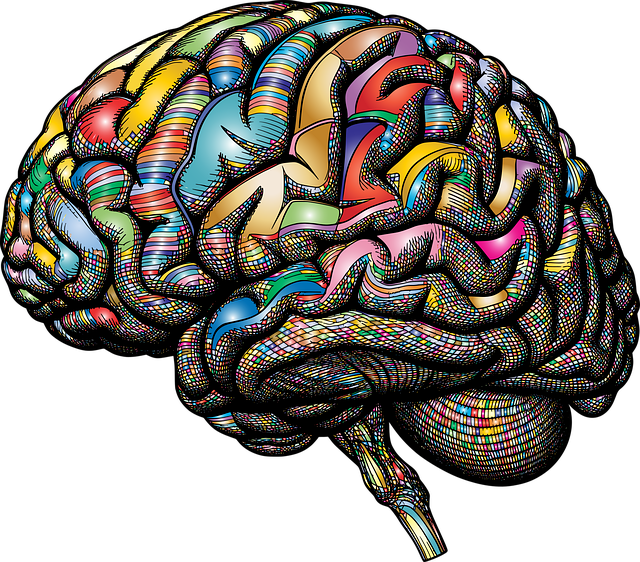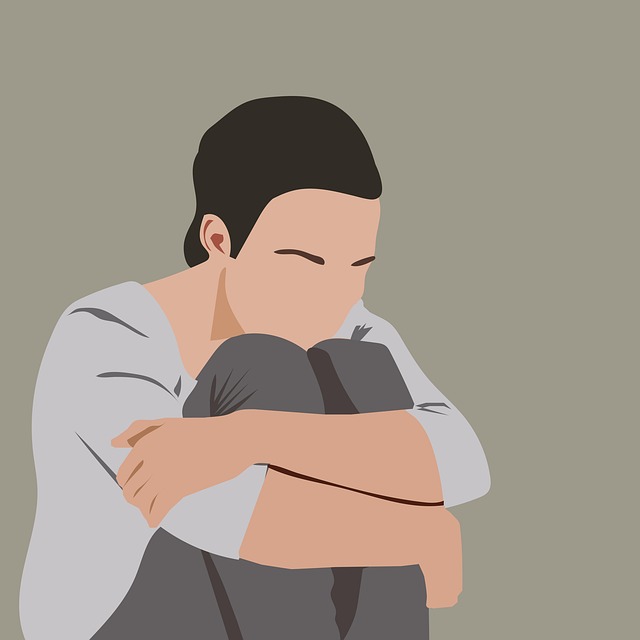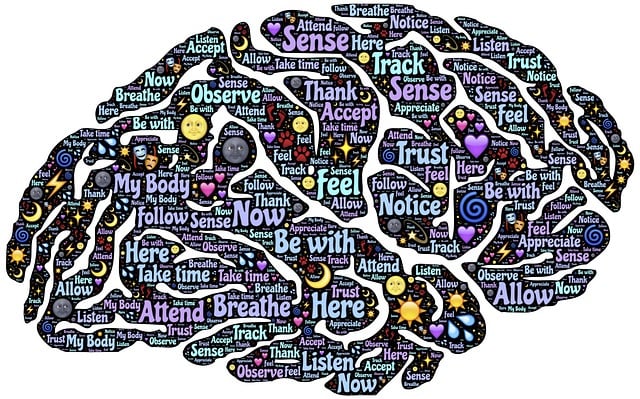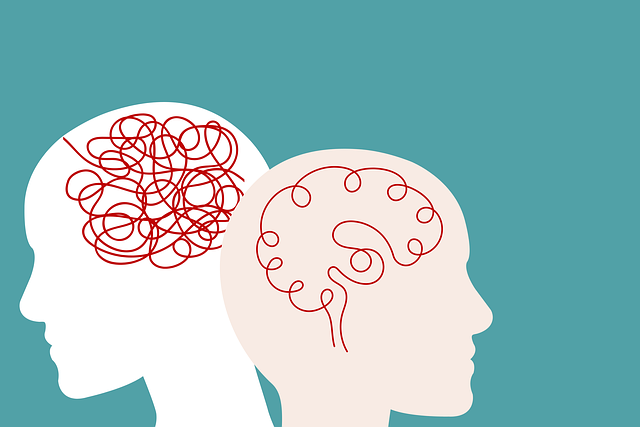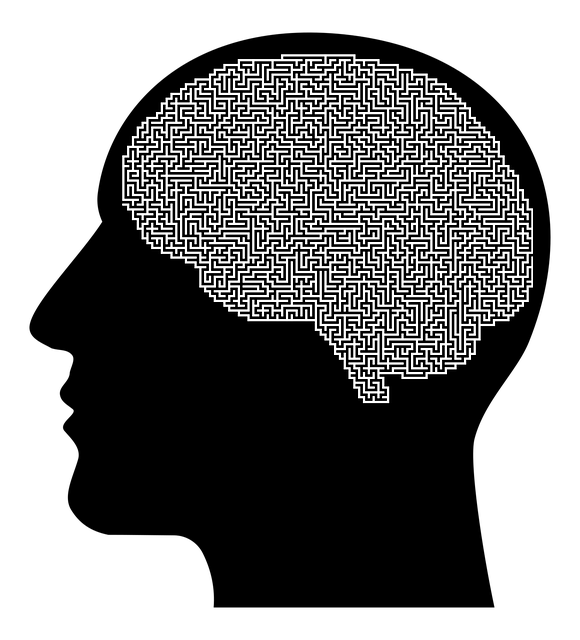Cultural competency is a vital aspect of modern healthcare, as evidenced by Littleton Veterans Therapy (LVT) which prioritizes personalized care through understanding diverse patient cultures. LVT offers tailored therapy services for veterans, focusing on mental health and self-esteem improvement using culturally sensitive practices. They create safe spaces, engage in community outreach, and advocate for access to quality healthcare. Effective training should include mental health awareness, contextually appropriate stress reduction, and positive thinking strategies to enhance provider empathy and communication. LVT evaluates training through surveys and long-term patient outcomes, ensuring continuous refinement of programs for inclusive care.
Cultural competency is an essential aspect of modern healthcare, ensuring providers can offer quality care to a diverse range of patients. This article explores the critical need for such training, highlighting the unique approach taken by Littleton Veterans Therapy in fostering cultural sensitivity among healthcare professionals. We delve into key components of effective programs and discuss methods to measure their impact, all while emphasizing the value of specialized training like that provided by Littleton Veterans Therapy.
- Understanding Cultural Competency in Healthcare: A Necessary Approach
- The Role of Littleton Veterans Therapy in Promoting Cultural Sensitivity
- Key Components of Effective Training Programs
- Measuring and Evaluating the Impact of Cultural Competency Training
Understanding Cultural Competency in Healthcare: A Necessary Approach

Cultural competency is a vital aspect of modern healthcare, especially with populations becoming increasingly diverse. It involves understanding and appreciating the cultural differences and similarities among various communities, enabling healthcare providers to deliver more personalized and effective care. At Littleton Veterans Therapy, we recognize that this approach is not just desirable but necessary.
Incorporating cultural competence means mental health professionals can better navigate complex issues like stress management and conduct comprehensive risk assessments. It fosters an environment where patients feel heard, understood, and respected, which in turn enhances their inner strength development. By embracing these principles, healthcare providers can revolutionize patient experiences, ensuring quality care that resonates with every individual’s unique cultural identity.
The Role of Littleton Veterans Therapy in Promoting Cultural Sensitivity

Littleton Veterans Therapy (LVT) plays a pivotal role in promoting cultural sensitivity within healthcare. By recognizing and understanding the diverse backgrounds and experiences of veterans, LVT offers tailored therapy services that address unique challenges faced by this demographic. Their comprehensive approach involves not just treating mental health issues but also fostering self-esteem improvement through culturally competent practices. This means creating safe spaces where veterans feel understood, respected, and supported, ultimately enhancing their mental wellness.
Beyond its clinical work, LVT actively engages in community outreach program implementation. They collaborate with various organizations to raise awareness about cultural competency in healthcare and break down barriers that prevent veterans from accessing the services they need. This proactive stance ensures that LVT remains at the forefront of advocating for a more inclusive and sensitive healthcare environment, benefiting not just veteran patients but also the broader community.
Key Components of Effective Training Programs

Effective cultural competency training programs for healthcare providers should incorporate several key components to ensure they are engaging and impactful. One of the primary focuses should be on mental health awareness, as understanding the unique psychological needs and challenges faced by diverse communities is essential in delivering quality care. These programs must also equip providers with stress reduction methods tailored to different cultural contexts, fostering an empathetic and supportive environment for patients from various backgrounds.
Additionally, integrating positive thinking strategies into training can help healthcare professionals cultivate a more inclusive mindset. By learning to recognize and appreciate the richness of diverse cultural perspectives, providers at Littleton Veterans Therapy can better navigate complex communication barriers, improve patient outcomes, and create a more welcoming healthcare experience for all individuals seeking their services.
Measuring and Evaluating the Impact of Cultural Competency Training

Evaluating the effectiveness of cultural competency training is an essential step in ensuring its positive impact on healthcare delivery. Measuring this impact can involve assessing changes in provider attitudes, knowledge, and behaviors related to diverse cultural groups. One effective method is through pre-and post-training surveys, comparing scores on measures of cultural awareness, bias recognition, and communication skills. For instance, the Mental Health Policy Analysis and Advocacy group at Littleton Veterans Therapy has implemented such surveys to gauge improvements among their healthcare providers.
Additionally, long-term outcomes can be tracked, including patient satisfaction rates, treatment adherence, and health outcomes. By analyzing these data, organizations like Littleton Veterans Therapy can identify successful training components and areas for improvement. This process allows them to refine their programs, ensuring that Stress Reduction Methods and Coping Skills Development are effectively incorporated into the healthcare setting, fostering a more inclusive environment for all patients.
Cultural competency training, as highlighted by the contributions of Littleton Veterans Therapy, is a transformative tool in healthcare. By focusing on key components such as awareness, knowledge, and skills development, these programs empower providers to deliver more effective and culturally sensitive care. Measuring the impact through evaluation ensures continuous improvement, ultimately enhancing patient outcomes and fostering a more inclusive healthcare environment. Such training is essential for navigating the diverse landscape of modern health systems and providing holistic care that respects and values every patient’s unique cultural background.


